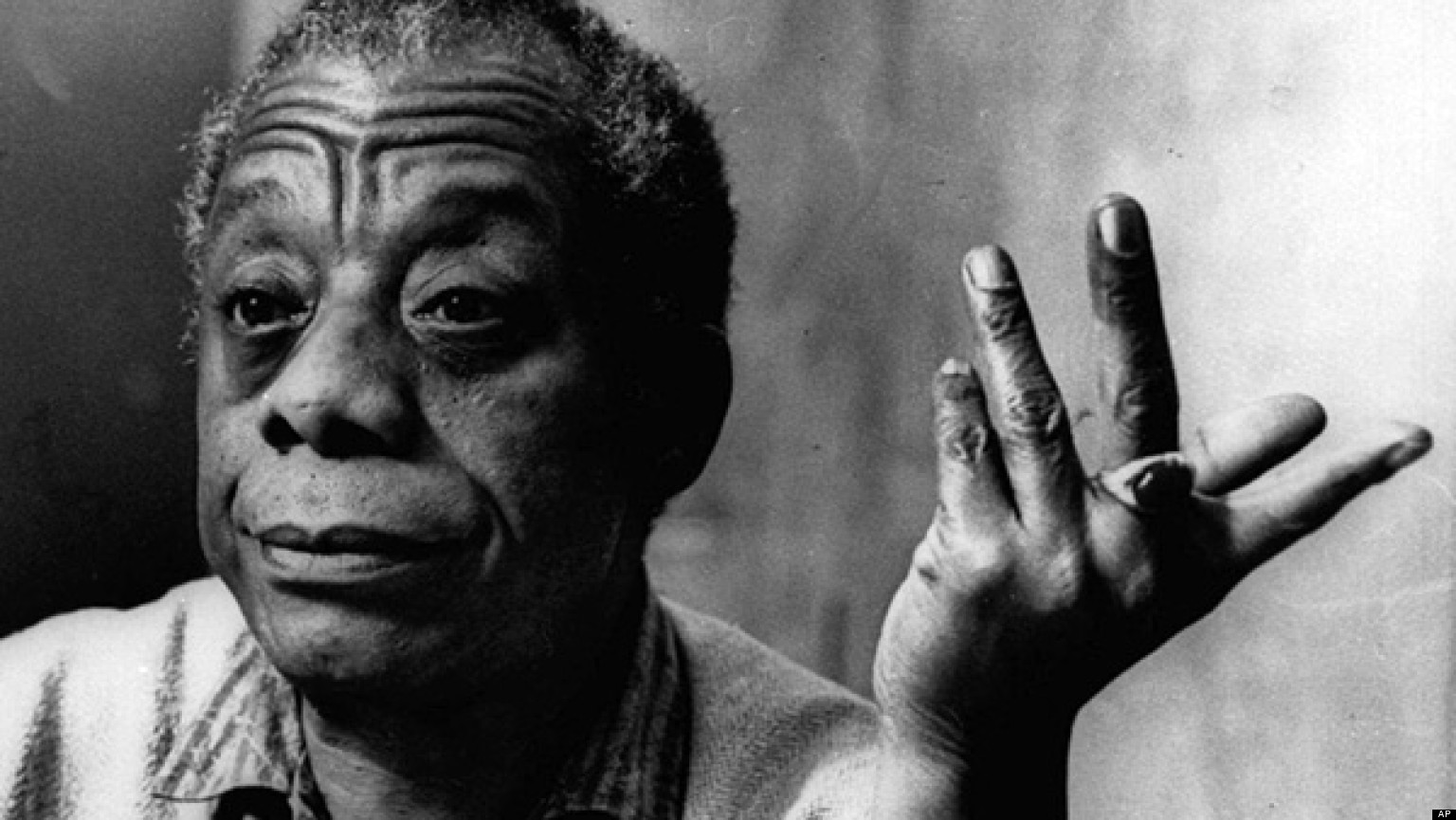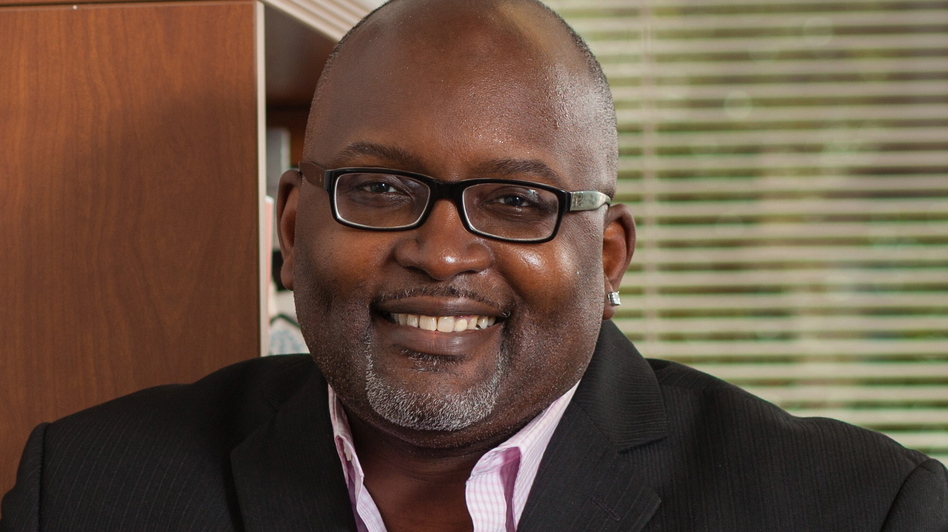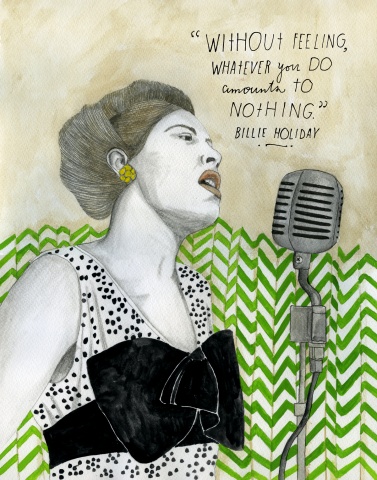New York, NY – Some 20 years ago, when novelist Alexander Chee was working for Out magazine, its owners commissioned a study of American book buying habits. The results: on average, lesbians bought 22 books each year, straight women, 14; gay men, 10; and straight men, one.
Although the data is outdated, there was a sense at the Center for Fiction that the portrait hasn’t changed that much. Critics and writers gathered for a panel on “Race, Gender, and Book Reviews” nodded in recognition.
With blue-chip reviewing outlets, said Hawa Allan, a lawyer, critic and contributing editor for Tricycle magazine, “the readership they imagine is not the readership that exists.” Noting the 2013 Pew Research study that found the most likely person to read a book was a college-educated black woman, Allan predicted that the legacy media offering book criticism will “adapt or die.”
Chee mentioned his disquiet with vocabulary, particularly the word “diversity.” It “expresses the problem in a hygienic way, when what it really means is fighting for your life.”
This ardor exists 180 degrees from some views posted to a story about the panel by Mark Rotella in Publishers Weekly. “Great! More lunacy,” wrote Brad Carpenter of Rosemont College near Philadelphia. “Someone let me know when we go back to the idea of judging a book by it’s (sic) merit . . . not by the author’s skin color, political background, sexual orientation, gender, weight, height, ethnicity and what not.”
Indeed, Walton Muyumba, a critic and professor at Indiana University in Bloomington began the May 27 session with the question: “Does any of this matter?”
Miriam Markowitz, deputy book editor of the Nation, said, “If you think books matter then presumably you think writing about books matter.” In December 2013, she wrote “Here Comes Everybody,” an influential examination of gender inequity in publishing.

Allan suggested that people at the margins often make the best critics, citing James Baldwin’s response to a television interviewer who asked him about the deep disadvantage of being poor, black and homosexual. “Oh no,” Baldwin said with a laugh, “I thought I hit the jackpot.”
Cate Marvin is a poet and co-founder of VIDA, the ground-breaking annual tally of whose book is reviewed in which magazines by gender, which served as the spine of Markowitz’ examination. “This is a thorny, slightly controversial but interesting conversation,” Marvin said, “especially to have in public, on the way we think about race and ethnicity and gender, sometimes together, sometimes not at all.”
Chee was more emphatic: “In my time on the planet, I’ve seen [book] criticism go from an august institution to something no one thinks they have to pay for and maybe everyone can do. It matters enormously, especially with the decline of book criticism sections and the rise of book blogging. Believing it doesn’t matter is part of the problem.”
Markowitz pronounced her magazine’s own VIDA numbers “unfortunate,” and said two economies were at work: the material and the prestige.
Marvin said she has restructured her own curriculum choices as a professor of English at CUNY, based on what she learned with the VIDA count. “Curiosity is important and pressure is helpful,” she said. “I was slow to coming around, and I needed the pressure of the woman-of-color count.”
For his part, Muyumba described American culture as frankly misogynist and racist, which doesn’t mean there can’t be space for other perspectives. He recalled a moment in the class of Indiana University English Professor Susan Gubar, who co-wrote the seminal 1979 book of feminist criticism, Madwoman in the Attic:
“I sat there as a 20-year-old and she put books by women in front of me and said, ‘I dare you’ and I took that dare and it changed me radically.” Or, as Allan put it, “If someone wants to read, they will read.”


